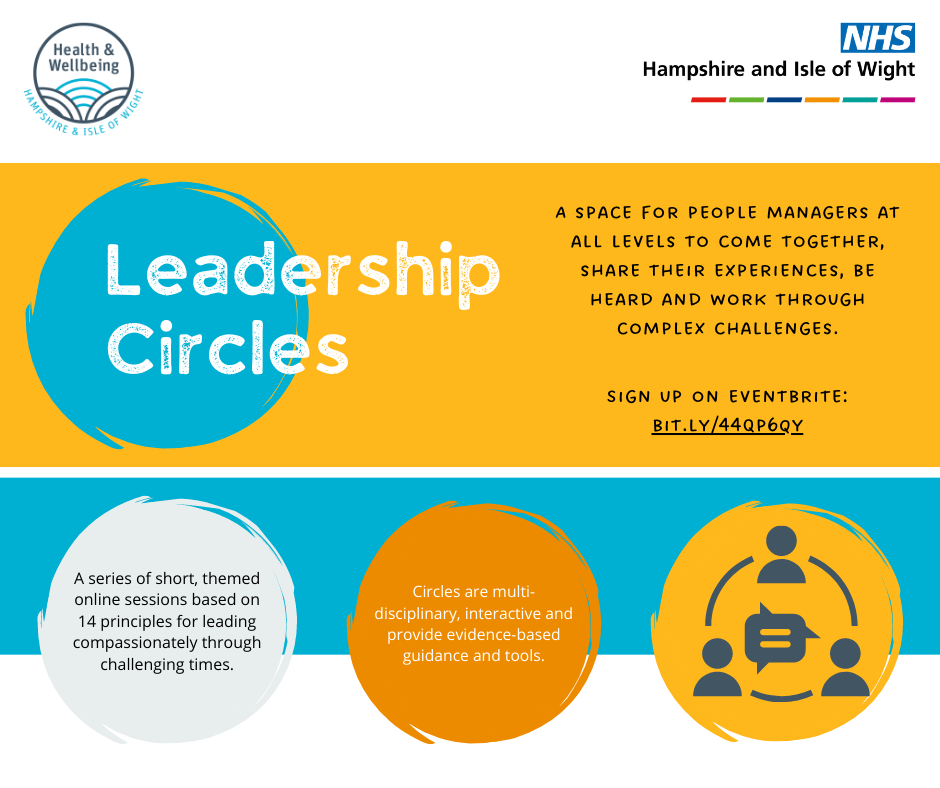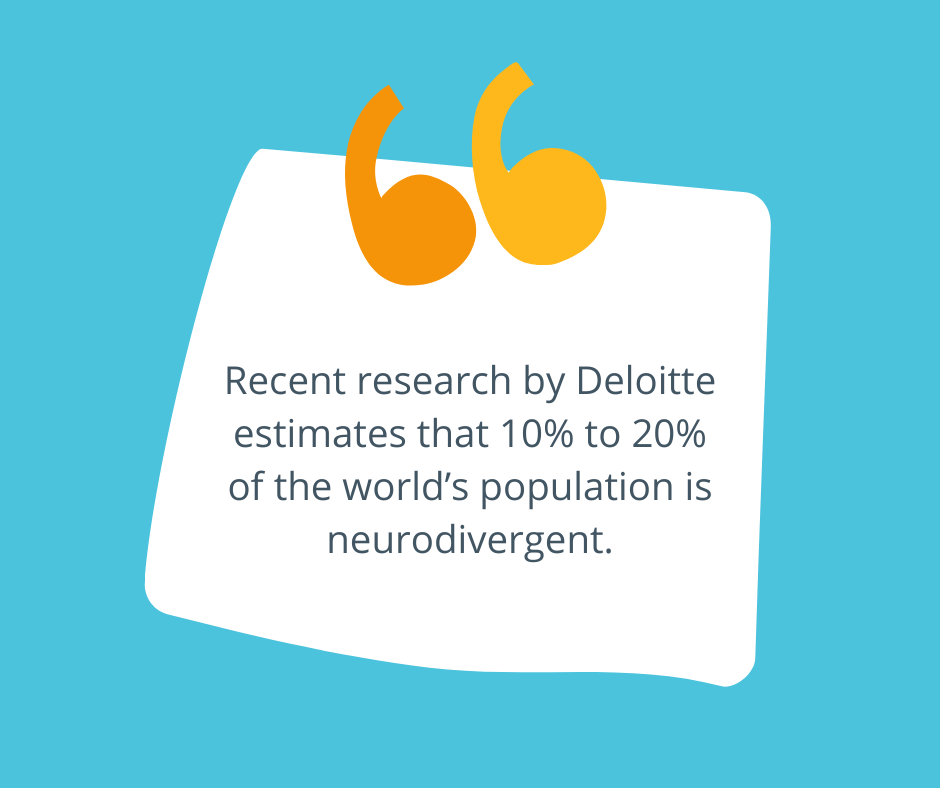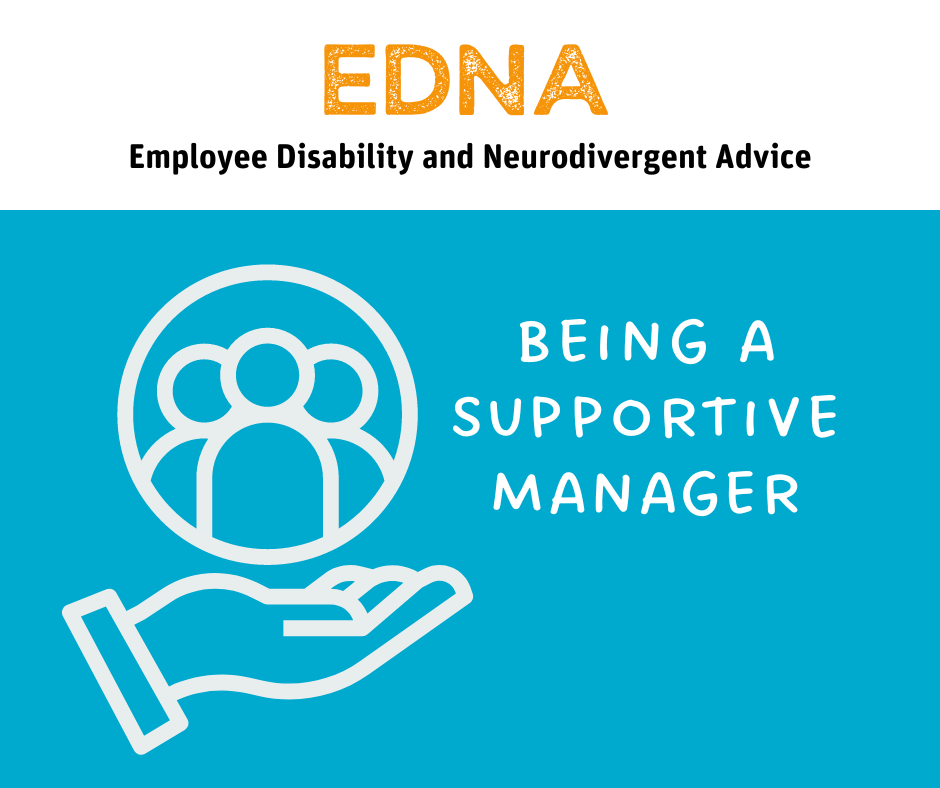“I really believe coaching skills can help us in the prevention of burnout,” says business coach Hazel Anderson-Turner. who has led two series of ‘Conversations in Burnout’ for NHS colleagues across Hampshire and the Isle of Wight, sharing strategies for a preventative approach.

Defining ‘burnout’
What’s particularly interesting is that Burnout is not the same for everyone – it doesn’t necessary escalate into a ‘snap’ moment where everything stops and you just can’t keep going anymore. Quite the contrary, for Hazel it was a slow burn six years ago when she was busy juggling a career with life as a new parent. “I didn’t notice it happening at first,” she says.
So how do you know what burnout feels like? Looking at the World Health Organisation’s definition above, Hazel is quick to point out that it’s not so much that someone hasn’t managed their stress, it’s actually “stress that you’ve not been able to recover from. It’s become the norm, it’s become chronic.”
Acceptance and commitment therapy is at the core of Hazel’s approach. She believes there is a real connection between coaching and having the conversations that can help us. The first step in helping yourself and others is awareness. “Burnout is understandable but it’s not inevitable,” says Hazel.
It’s important to understand the connection between our mind, body and context we’re in – plus where we are on the ‘Burnout Scale’ which Hazel talks through in each session.
Click here to catch up on Conversations on Burnout




